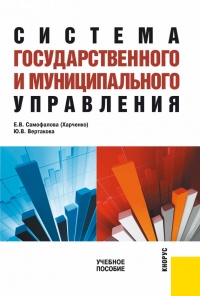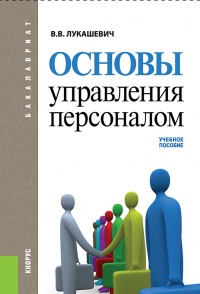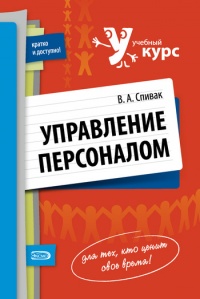Книга Многоликая коррупция. Выявление уязвимых мест на уровне секторов экономики и государственного управления - Санджай Прадхана
На нашем литературном портале можно бесплатно читать книгу Многоликая коррупция. Выявление уязвимых мест на уровне секторов экономики и государственного управления - Санджай Прадхана полная версия. Жанр: Книги / Домашняя. Онлайн библиотека дает возможность прочитать весь текст произведения на мобильном телефоне или десктопе даже без регистрации и СМС подтверждения на нашем сайте онлайн книг knizki.com.
Шрифт:
-
+
Интервал:
-
+
Закладка:
Сделать
Перейти на страницу:
Перейти на страницу:
Внимание!
Сайт сохраняет куки вашего браузера. Вы сможете в любой момент сделать закладку и продолжить прочтение книги «Многоликая коррупция. Выявление уязвимых мест на уровне секторов экономики и государственного управления - Санджай Прадхана», после закрытия браузера.
Книги схожие с книгой «Многоликая коррупция. Выявление уязвимых мест на уровне секторов экономики и государственного управления - Санджай Прадхана» от автора - Эдгардо Кампос, Санджай Прадхана:
Комментарии и отзывы (0) к книге "Многоликая коррупция. Выявление уязвимых мест на уровне секторов экономики и государственного управления - Санджай Прадхана"
























